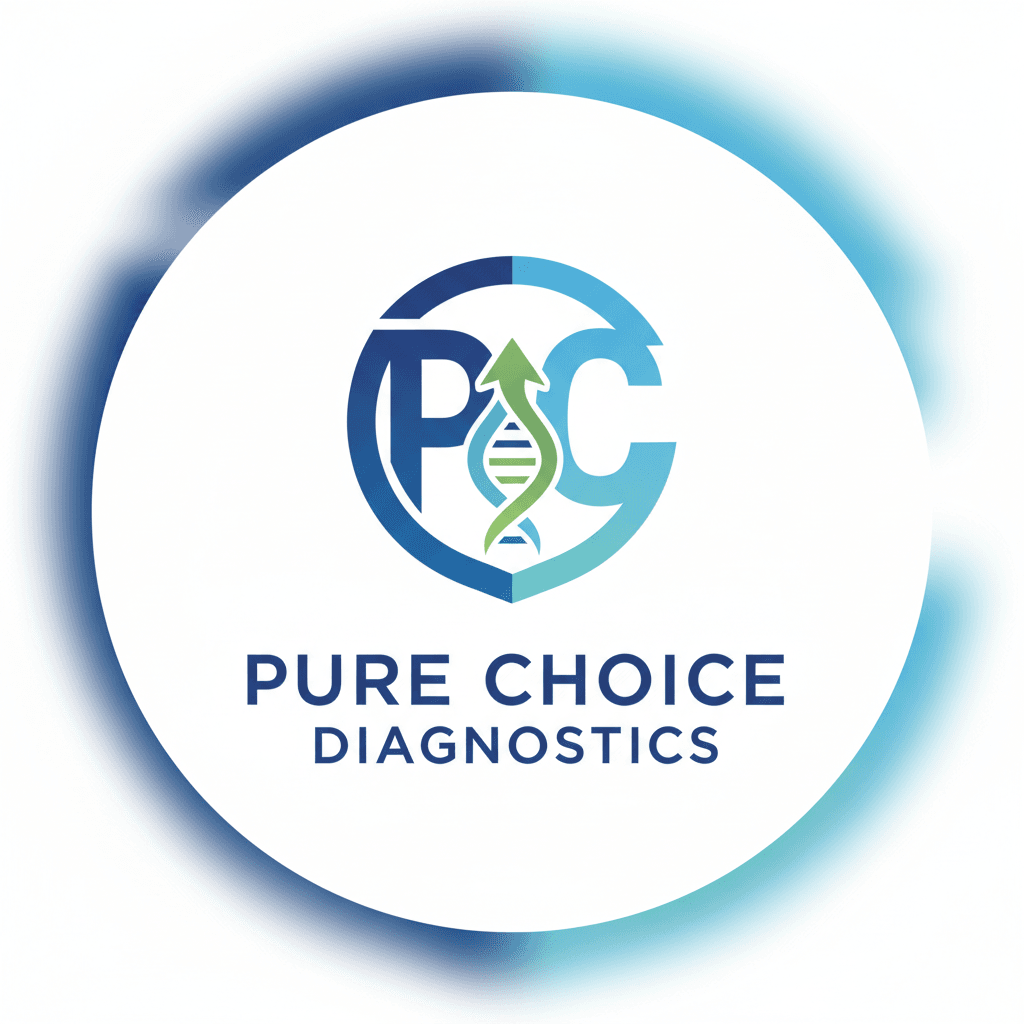Dispelling Myths About DNA Testing: Facts vs. Fiction
Understanding DNA Testing
DNA testing has become a popular tool for uncovering ancestry, paternity, and health information. However, misconceptions about how these tests work can lead to confusion. It's important to separate fact from fiction to make informed decisions.

Myth 1: DNA Tests Reveal Everything About Your Health
One common myth is that DNA tests can provide a complete picture of your health. While they offer insights into genetic predispositions, they do not account for lifestyle, environment, or other health factors. Relying solely on DNA tests for health decisions can be misleading.
DNA tests can indicate increased risks for certain conditions, but they do not predict with certainty if you will develop them. It's just one piece of the puzzle in understanding your health.
Myth 2: DNA Testing Is Infallible
Another misconception is that DNA testing is always accurate. While these tests are highly reliable, errors can occur due to sample contamination or lab mistakes. It's crucial to use reputable testing services and understand that no test is 100% accurate.

Myth 3: DNA Tests Can Determine Your Entire Family Tree
DNA tests can provide valuable insights into your ancestry, but they are not a comprehensive family tree solution. They can identify relatives and ethnic backgrounds, but traditional genealogical research is still necessary to build a complete family history.
Combining DNA results with historical records and family stories offers the most accurate understanding of your lineage.
The Role of Privacy in DNA Testing
Privacy concerns are a significant aspect of DNA testing. Many people worry about how their genetic information will be used and shared. Reputable companies have strict privacy policies, but it's essential to read and understand them before submitting your DNA.

Myth 4: Your Data Is Always Safe
While DNA testing companies strive to protect your data, breaches can happen. It's important to choose companies with robust security measures and be aware of how your data might be used in research or shared with third parties.
Conclusion: Making Informed Decisions
DNA testing offers exciting possibilities for understanding our origins and health, but it's crucial to approach it with a clear understanding of its limitations. By dispelling these myths, you can make informed choices and use DNA testing effectively.
Always consult with healthcare professionals when interpreting health-related DNA results and stay informed about privacy policies to protect your genetic information.
